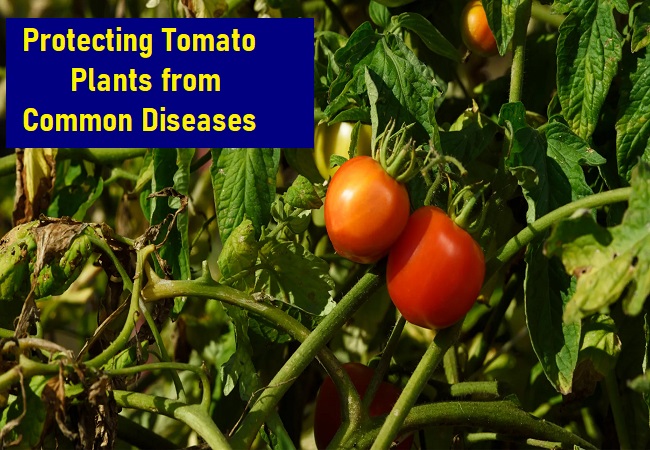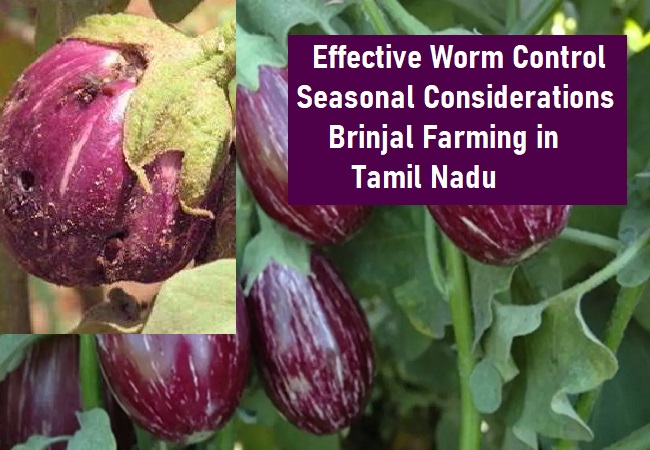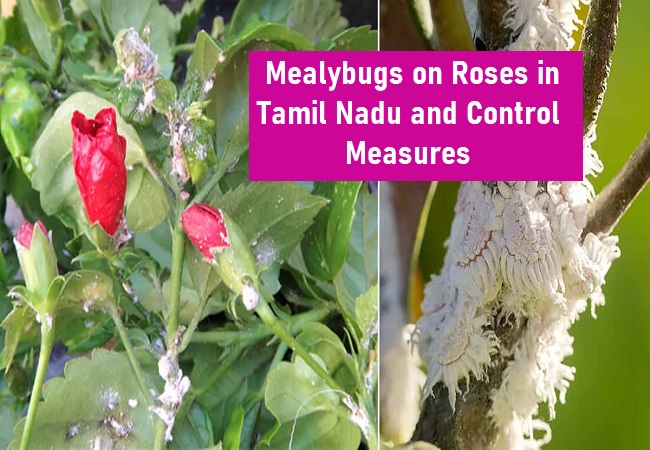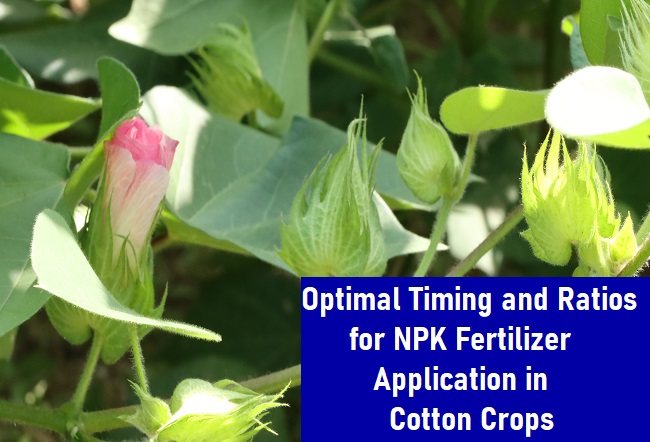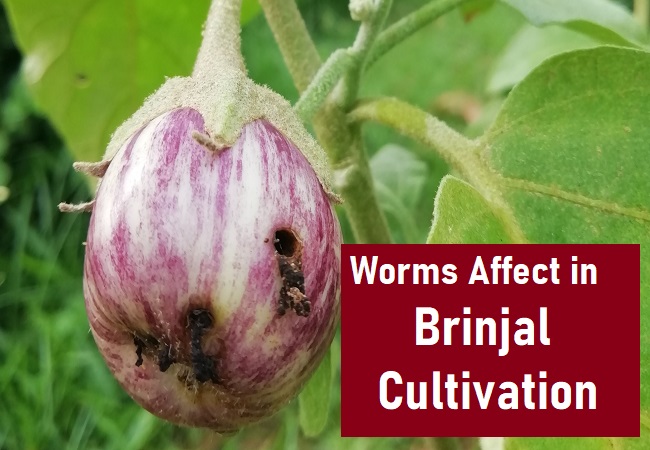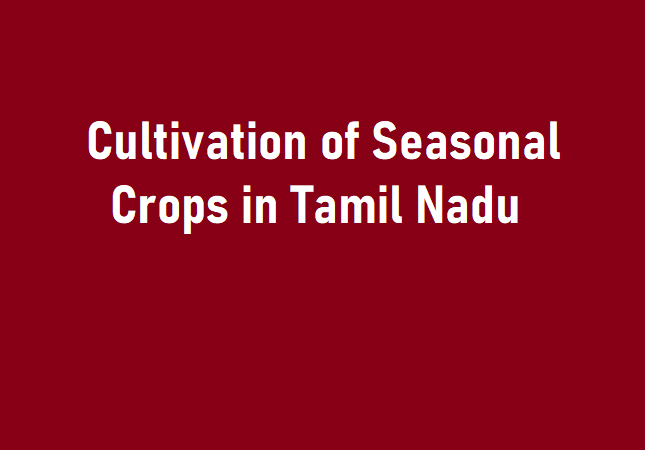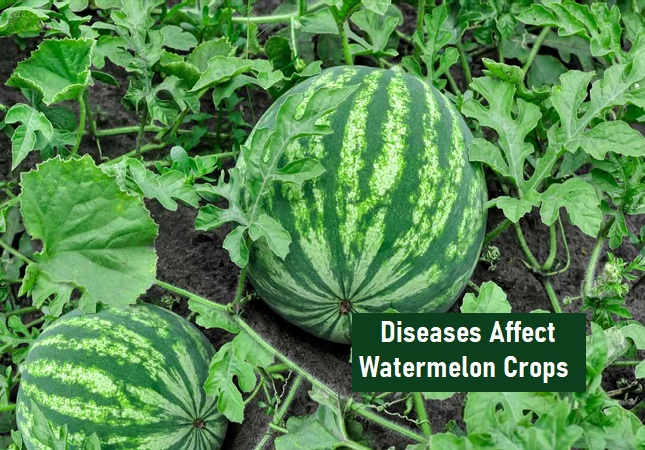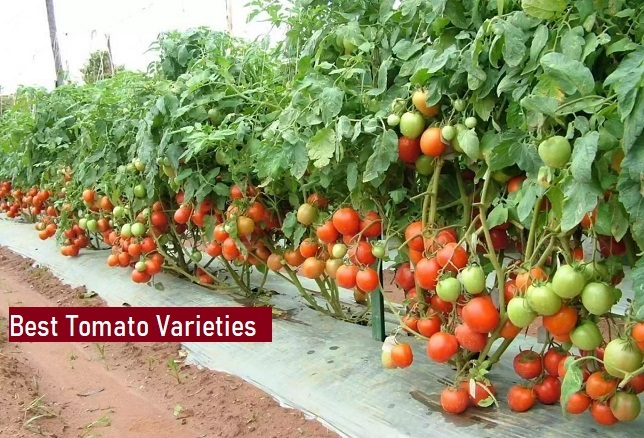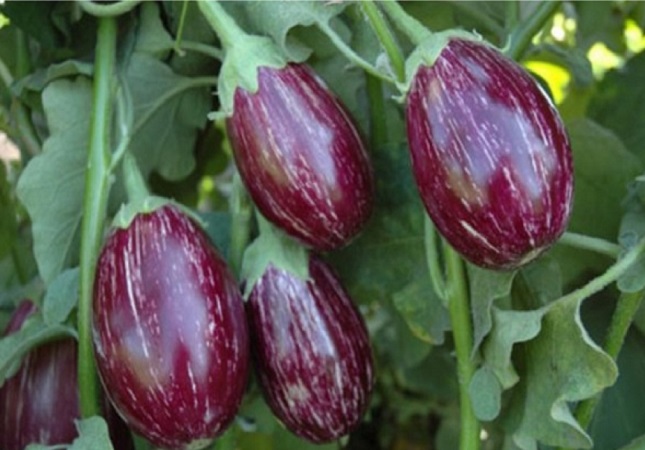Tomato plants in Tamil Nadu are vulnerable to diseases such as damping off, early blight, fusarium wilt, bacterial leaf spot, bacterial wilt, and tomato leaf curl virus. To prevent these diseases, it's important to use disease-resistant varieties, practice crop rotation, maintain sanitation, and implement proper cultural practices.
Blogs
-
To control worms in a Brinjal farm in Tamil Nadu, it is essential to adopt integrated pest management techniques. These include implementing cultural practices such as crop rotation, maintaining proper sanitation, and removing infected plant debris. Encouraging natural predators like birds and beneficial insects can also help in controlling worm populations. Additionally, mechanical methods like handpicking and destroying worms or infested fruits can be effective for small-scale infestations. If necessary, the use of insecticides specifically labeled for Brinjal farms can provide chemical control. As for seasonal requirements, Brinjal farming in Tamil Nadu is commonly practiced during the summer (March to June) and rainy seasons (July to September). However, with appropriate management practices, it is possible to extend the cultivation period beyond these seasons.
-
Employing an Integrated Pest Management (IPM) strategy that integrates various control methods is advisable for sustainable and effective management of mealybugs on roses in Tamil Nadu.
-
Recommended rose varieties for cultivation in Tamil Nadu include Hybrid Tea Roses (such as 'Papa Meilland'), Floribunda Roses (such as 'Iceberg'), Grandiflora Roses (such as 'Queen Elizabeth'), Climbing Roses (such as 'Don Juan'), and Miniature Roses (such as 'Chasin' Rainbows'). It is advisable to consult local horticultural experts for specific care instructions based on the growing conditions in Tamil Nadu.
-
In Tamil Nadu, the recommended time for applying NPK fertilizer to cotton crops is as follows: during the vegetative stage, apply NPK fertilizer 25-30 days after sowing with a ratio of 4:2:1 (N:P:K) to promote leafy growth. In the reproductive stage, apply NPK fertilizer 40-45 days after sowing with a ratio of 2:4:1 (N:P:K) to support flower and boll formation. For overall plant health and boll development, apply NPK fertilizer 60-65 days after sowing with a ratio of 2:1:2 (N:P:K). Additional NPK fertilizer may be applied during boll development if required. These recommendations serve as general guidelines, and consulting local agricultural experts or experienced farmers for site-specific advice is advisable.
-
Worms can adversely affect Brinjal cultivation in Tamil Nadu by damaging the roots, feeding on leaves, causing fruit damage, transmitting diseases, and weakening overall plant health. To mitigate these effects, farmers use strategies like chemical and biopesticides, crop rotation, resistant varieties, sanitation, and integrated pest management (IPM) approaches. Early detection and regular monitoring are essential for effective control.
-
Crops in Tamil Nadu vary based on the seasons and months. In January, crops like paddy, sugarcane, groundnut, tomato, onion, and brinjal can be cultivated. February is suitable for maize, ragi, pulses, cabbage, cauliflower, and carrot. March sees the cultivation of banana, chilli, green gram, coriander, and spinach. April is the time for rice, millets, sesame, beetroot, radish, and beans. May offers the opportunity to grow sugarcane, paddy, turmeric, pumpkin, and bitter gourd. In June, groundnut, pulses, tomato, onion, and cucumber are cultivated. July brings millets, paddy, brinjal, capsicum, and drumstick. August is the season for ragi, maize, chilli, coriander, and snake gourd. September sees the cultivation of pulses, tomato, onion, pumpkin, and ridge gourd. October is suitable for paddy, banana, turmeric, cauliflower, and carrot. In November, crops like sugarcane, groundnut, beans, radish, and spinach thrive. December brings rice, millets, sesame, beetroot, and bitter gourd to be cultivated. It's important to consider local conditions and consult experts for precise cultivation practices.
-
Watermelon crops in Tamil Nadu are commonly affected by diseases such as anthracnose, fusarium wilt, powdery mildew, downy mildew, bacterial fruit blotch, and cucumber mosaic virus. These diseases can cause significant damage to the plants, leading to wilting, rotting, reduced yield, and poor fruit quality. Implementing integrated disease management practices, including crop hygiene, using resistant varieties, proper irrigation, and timely application of treatments, is essential to control and prevent these diseases. Early detection and intervention are crucial for minimizing the impact of diseases on watermelon crops in Tamil Nadu.
-
The best tomato varieties for cultivation in Tamil Nadu are CO-3, CO-4, Arka Rakshak, Arka Abha, and Pusa Ruby. The ideal seasons for growing tomatoes in Tamil Nadu are the rainy season (June to September) and the winter season (October to February).
-
Recommended brinjal varieties for cultivation in Tamil Nadu include Arka Navneet, Arka Keshav, Pusa Purple Cluster, Black Beauty, and Nadia. The best seasons for brinjal cultivation in Tamil Nadu are summer (February to May) and early monsoon (June to July).

